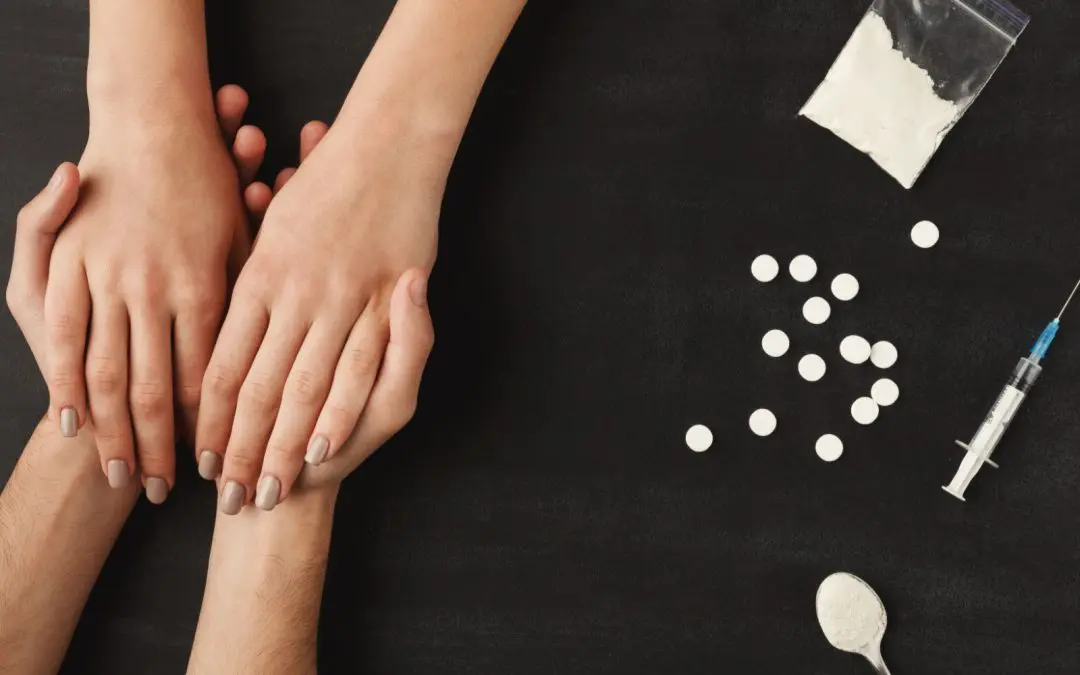24/7 Helpline:
(866) 899-221924/7 Helpline:
(866) 899-2219
Learn more about Bipolar Disorder Treatment centers in Kootenai County

Other Insurance Options

Molina Healthcare

Covered California

ComPsych

Sutter

Premera

BlueCross

BHS | Behavioral Health Systems

UMR

Cigna

GEHA

Meritain
Beacon

WellPoint

Humana

Sliding scale payment assistance

Coventry Health Care

BlueShield

Ambetter

Lucent

Horizon Healthcare Service




Rathdrum Counseling Center
Rathdrum Counseling Center is a private rehab located in Rathdrum, Idaho. Rathdrum Counseling Center...

Aces Community Services
Aces Community Services is a private rehab located in Post Falls, Idaho. Aces Community Services spe...








































































































































